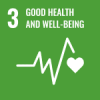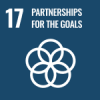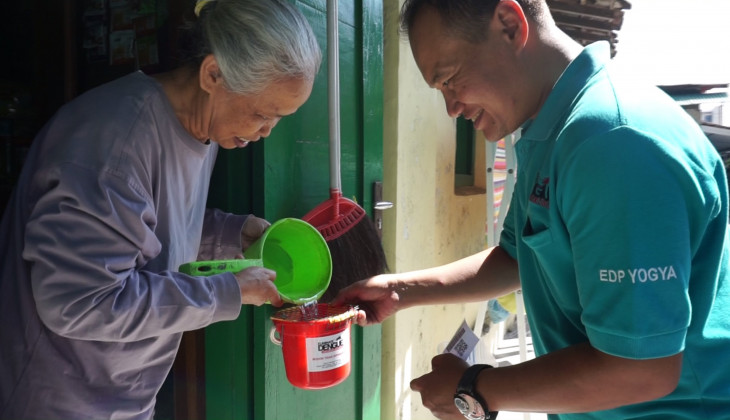World Mosquito Program (WMP) Yogyakarta had completed its research on the development of Wolbachia technology to reduce dengue hemorrhagic fever (DHF) in Yogyakarta City. They had conducted this research since 2017. From the result, it has proven to be effective in reducing the cases of dengue fever in 35 of 45 urban villages in the city of Yogyakarta. “The Wolbachia method is confirmed to be effective in reducing 77 percent of dengue cases in Yogyakarta City,” said Prof. Adi Utarini as the leading researcher of WMP Yogyakarta on Wednesday (26/8) at the UGM campus.
While conducting research, Adi Utarini said they used 12 from 24 areas in Yogyakarta City and part of Bantul Regency, which were randomly selected to treat Wolbachia intervention. “In 12 other areas without intervention, after eight months since the release of mosquitoes, we control patients with dengue fever who go to the health clinic”, she said.
In addition to monitoring mosquitoes, she involved dengue fever patients at health centers. A total of 8,144 patients from the range aged 3-45 years from 18 health clinics participated in this study.
The Professor of Faculty of Medicine, Public Health, and Nursing UGM explained that she would continue this research to reduce dengue fever cases in Yogyakarta. The research results can be used in other areas in Indonesia. “Throughout the results of this study, we are sure that the community will agree to it. However, if we would apply this to other areas, the most important thing is that we must be able to produce more Wolbachia mosquito eggs,” he said.
The Deputy Mayor of Yogyakarta, Heroe Poerwadi, appreciated the Wolbachia method’s research to reduce the dengue fever cases in Yogyakarta City. According to him, the community is glad because they rarely found dengue cases in their location. “It has been confirmed that the data of dengue cases in some prone location is decreased after the spread of Wolbachia”, he said.
However, said Heroe, the other areas for comparison in this study that had not received Wolbachia intervention, the cases of dengue fever had not decreased, so they asked to spread the Wolbachia mosquito immediately. “We have not yet spread it to the Kotagede area. However, we will start to spread Wolbachia next week”, he said.
According to the Vice Mayor, the spread of Wolbachia mosquitoes in Yogyakarta City in the future will be more readily accepted by the community after it has been confirmed that this method has succeeded in reducing the cases of dengue. “If there has already been evidence, the next process will be easier. The other areas are waiting to be spread by Wolbachia,” he explained.
As is known, WMP Yogyakarta is a collaboration between the World Mosquito Program-Monash University in partnership with Universitas Gadjah Mada and the Tahija Foundation. The Chairperson of the Tahija Foundation, Trihadi Saptoadi, emphasized that implementing the results of this research will be continued with cooperation with the central and regional governments in the form of policies. “We will invite other philanthropic foundations to do a similar thing and collaborate with the government”, he said.
Source: https://ugm.ac.id/id/berita/19951-wolbachia-efektif-turunkan-77-persen-kasus-dbd



